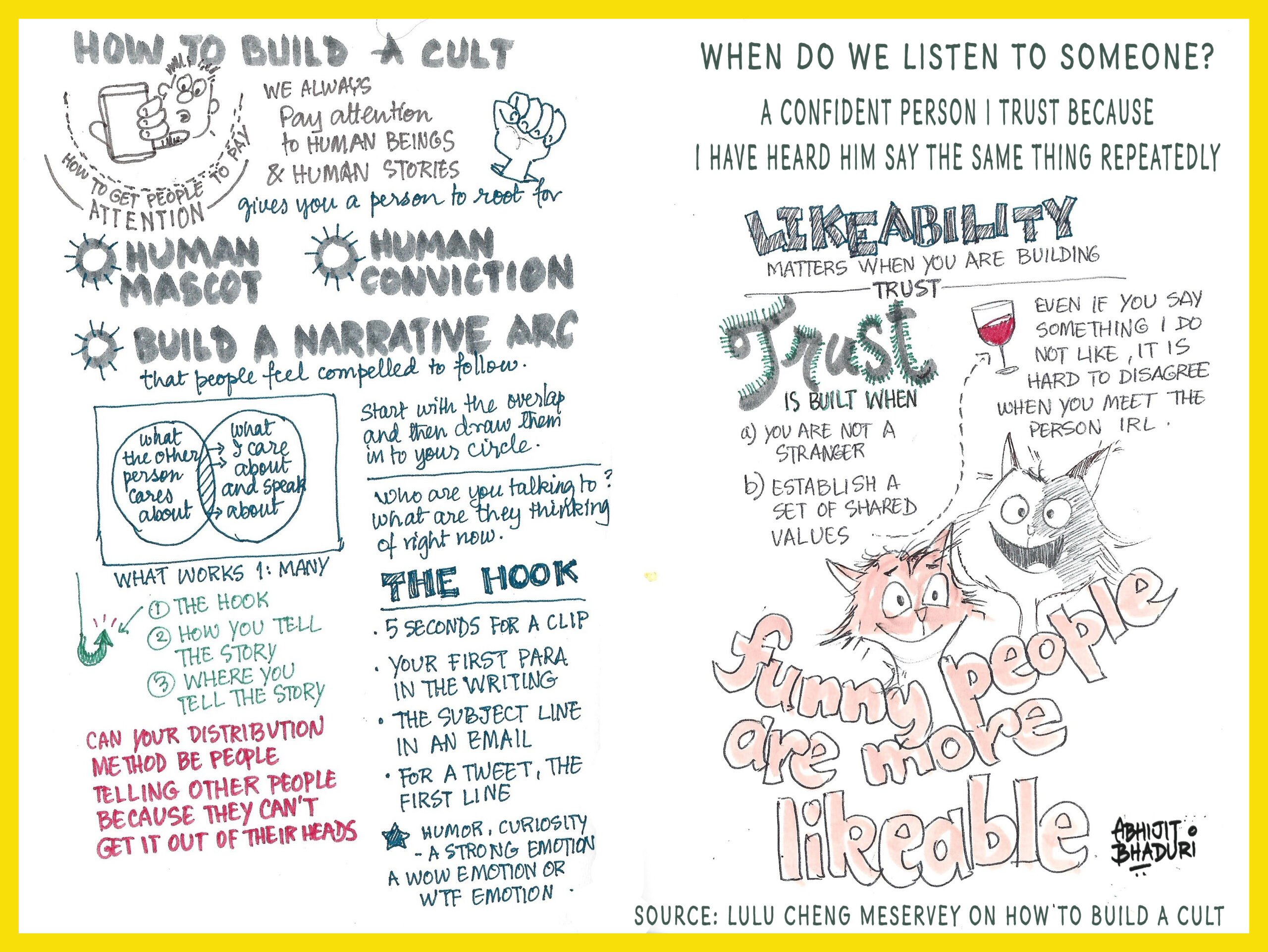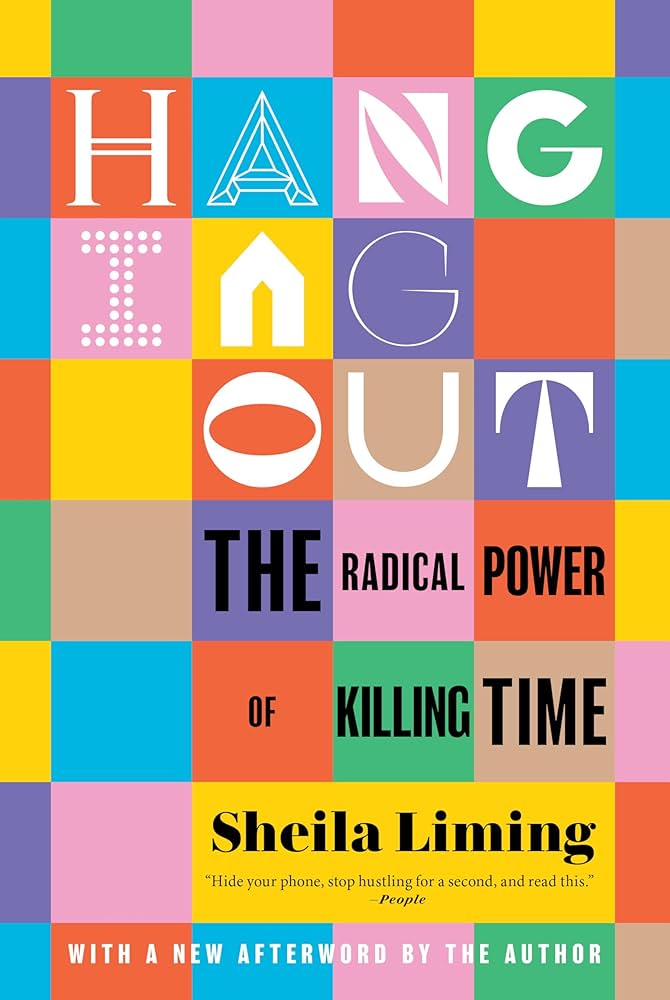The hook should evoke something strong: humor, curiosity, a “wow” emotion, or a “WTF” moment. Your story should be so compelling that people want to share it with others. Likeability helps when building trust.
The insight
- Attention is scarce. In a world overloaded with messages (social media, ads, noise), the hook is your gatekeeper. If you fail in seconds, you lose the chance.
- People don’t follow ideas—they follow people. The “mascot + conviction” combo anchors the message in a person they can invest in.
- Trust is the oxygen of influence. Without trust, your message is ignored or dismissed. But with it, even tough truths land.
- Stories move hearts; numbers move minds. You need both, but stories open the emotional door.
- Likeability softens resistance. When someone is witty, warm, or relatable, we forgive more and lean in more.

Build a story arc that people want to follow
- Human mascot + human conviction Use a relatable human figure (a “mascot”) and show strong conviction. People root for people.
- Build a narrative arc Start by finding the overlap between what you care about and what the other person cares about. Then pull them into your circle (your worldview). The visual Venn-diagram shows that sweet overlap is where you speak.
- What works in storytelling
- A Hook (grab attention)
- How you tell the story
- Where you tell the story And your distribution can itself be through people telling others (“word of mouth”)—so compelling it spreads.
- The Hook The first few seconds matter:
- A clip’s first 5 seconds
- The first paragraph in writing
- The subject line
- The first line in a tweet And the hook should evoke something strong: humor, curiosity, a “wow” emotion, or a “WTF” moment.
- We listen when we trust the person. Trust is built when:
- You are not a stranger
- You establish a set of shared values
- Likeability helps when building trust. If someone is funny or warm, people are more willing to lean in even when they disagree. Funny people are more likeable.
- Also: even if your message is uncomfortable, meeting people in real life (IRL) makes it harder to dismiss you.
Lulu Cheng is the former VP Communications of Substack.



